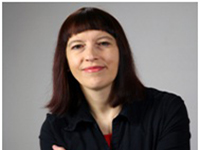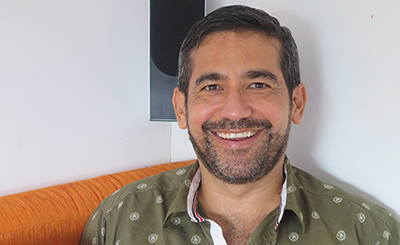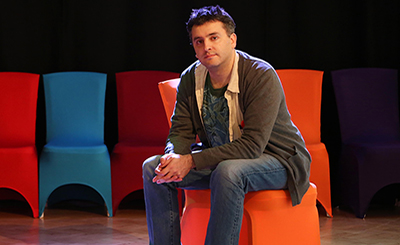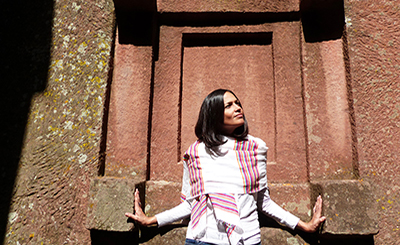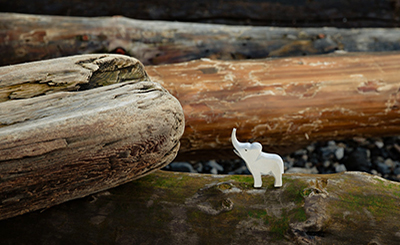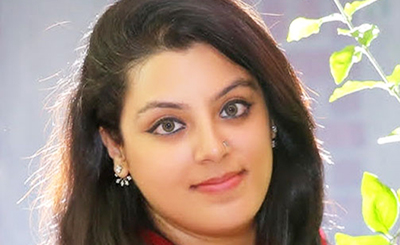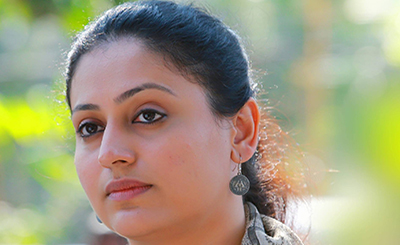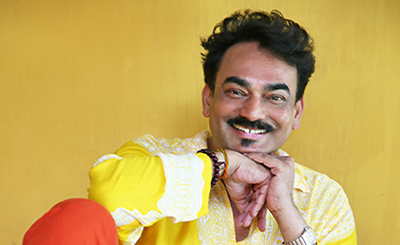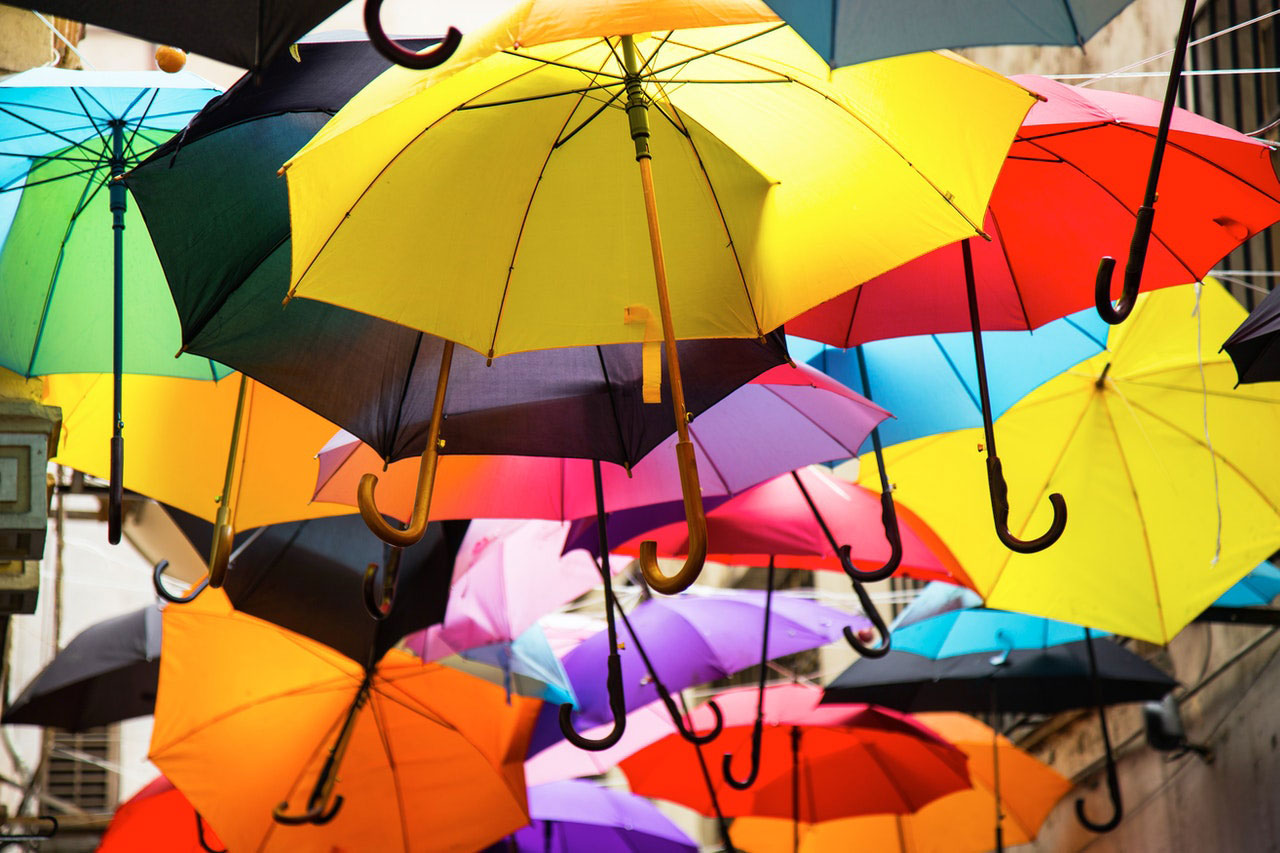
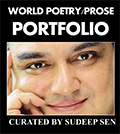
Eight poems by the multi-award-winning Macedonian author, who has published six books of poetry, three novels, one American diary and one short story collection, as part of World Poetry/Prose Portfolio, curated by Sudeep Sen
Translated from the Macedonian by Ljubica Arsovska and Patricia Marsh
Asylum Seekers
The biggest asylum seekers’ centre is under the ground.
It’s the suicides, the migrants to the other world,
unaccepted, repressed and tortured in this.
The underground asylum seekers’ centre offers freedom of movement
from the periphery to the centre and vice versa,
three meals a day and a daily pass for a walk.
Asylum seekers have a standard size tag on their wristbands.
But look, the ordinary dead go on hunger strike
against the surplus of suicides around them.
They don’t want asylum seekers next to their neat homes,
they don’t want scattered nooses, empty pill bottles,
bones broken from falling and bellies swollen from drowning.
Instead of scarecrows they plant crosses in their green gardens
for those who died against God’s will. The asylum seekers
are confused and angry, with one foot dragging backwards all the time.
Some have forgotten to leave a message, others to kiss their daughter,
some have left a suit at the dry cleaner’s, others have not made their wills,
some haven’t cancelled their journeys, others not made an appointment with death.
And now they are here. With interpreters in the corridor
and folders in their hands they wait to be seen by the asylum officer.
Nationality, sex, religion. Many have fathers,
but no fatherland. Some are allergic to ploughed land,
and unable to kiss their soil, had to depart under the ground.
Some were life-long fugitives from themselves,
with no one to pay for pills to stop them ageing.
Some have squandered their misfortune too, not only their good fortune.
Others have not made love to the love of their life for years.
Some have been killed by their nearest and dearest not with a knife but a needle or forceps.
Among them are people who are alive only after they are dead.
The asylum seekers’ centre is full, fenced off with barbed wire
from the world of the ordinary dead.
I arrived yesterday. Got two passes.
During the day I’ll be in the asylum seekers’ centre,
and at night in the home of the ordinary dead.
I don’t know which I won’t come back from.
Rubbish
You collect stickers and shells with your children,
and stamps and postcards,
arrange them devotedly in drawers and boxes,
smiling as your wife calls out
“you’re only creating rubbish,”
not knowing that suddenly a day will come
or rather the night of
that day
when you will be staggering blindly in your underwear
down the wet iron fire-escape.
Tottering away from your home,
with hands as empty as a new-dug grave
and fists black from beating the flames,
you dive beyond the diameter of God’s will,
looking behind you, and they are not there, a distant cry and a profound silence.
Naked and small under the hose that brings you back to life,
while you shove it away,
to die is all you want, to expire under the blanket behind the hedge.
They are dead.
You drag yourself to the rubbish bin where you threw the last rubbish yesterday.
With numb fingers you rummage the stench, there, the green plastic bag with the orange peel,
the silver paper from the chocolate you bought coming home from work,
the end of the last salami and the crushed cartons
the children drank their juice from before they went to bed:
all that is left of all of you, of your life where now you’re alone.
You smell them, kiss them, and restore each peel to wholeness,
you gather the chocolate crumbs in the silver paper, the end of the salami
makes you dizzy with its familiar homeliness,
your children’s last saliva is on the drinking-straws.
This green plastic bag of rubbish is all that is yours now.
You need to start again from the beginning, they tell you,
while you would know only how to start from the middle, how to change the old,
make it better, nicer, more loved.
But when the dead are no longer alive
nobody knows how to start from either the end or the beginning.
You know, you know very well, how life is turned into scraps of rubbish,
but not how these scraps of rubbish can be turned into life.
A Letter From Prison
This prison allows letters
of up to four pages
every four months.
50 words a day.
1,500 a month. A lot? Too little?
Don’t be so foolish as to write in them
about appeals to the court,
political moves,
financial calculations,
religious revelations,
sexual allusions,
coded secrets,
or mention weapons and drugs,
threats, plans,
escapes and attacks.
While you’re here
write love letters only.
50 words a day.
1,500 a month,
four pages
every four months –
enough to tell all those dear to you
that you love them.
Once you’re out of here
it’s no longer our business
what you tell
the others.
Freedom
In the lift of the world
Freedom always presses the wrong button:
instead of on the ground floor she gets out in the basement
where masked robbers stand in front of the lift
who kick and slap her,
or grinning maniacs with their trousers down,
or security officers who pinch her bottom
when she turns back to the door of the lift,
which is already squeaking its way back up,
and then they all grab her by the breasts,
drag her by the legs, and she struggles,
beaten black and blue she drags herself up the stairs to the ground floor,
where children stand with their satchels
waiting for the lift to come down from the top floor.
“What does she look like!” they whisper,
then run up the stairs to their homes and lock the doors behind them,
afraid that Freedom might
lean against their door,
sprawl at their threshold,
ask them for water, bread or a bed.
And they don’t know that the freedom they have in their life
is measured with the remaining cups from the tea set
in the Jewish museums across the world,
they don’t know that the seas wash up people too, not just seashells,
they don’t know that the executioner becomes a victim when he beheads her
and the victims become executioners when they forget her,
they don’t know that the metal head of the hammer is always loose
and falls off before the hammer is swung, straight onto your fingers,
they don’t know that it is that same freedom
they learn about in history classes,
but is easily run down by the train on the nearby railway,
they don’t know that the freedom they have in their life
is a white surface over a black pit,
the same as the belly of a pregnant woman
that they too were born from,
but it is only in death
that some will also become free.
Going Back
When you go back to your home town
you visit museums and galleries,
pause to listen to the buskers,
light candles in all the churches,
buy books by local authors
and the CDs by local bands
which have come out over the last six months,
treat yourself to some chocs from the town factory facing bankruptcy,
make a detour to the outdoor market you haven’t visited for a long time,
meet friends for an hour or two
before going to a local film or theatre production
they’re not interested in,
you do a lightning tour of your home town
in just a few days, drinking water from the bottle in your bag,
buying souvenir magnets and keyrings,
sitting on all the surviving benches
from your past,
turning down all the alleyways that have remained the same,
taking photos of the new buildings which look like warts,
mumbling to yourself, incomprehensible to everyone else,
when you go back to your home town
you realise you no longer have one,
that it has turned into a simple fact in a document,
Place of Birth, a point of birth and of no return.
Chopin’s Heart
Chopin’s heart in Warsaw —
walled up in the interior pillar of the church,
cannot, even if it wanted to, miss a single mass.
It attends the confessions of the adulterous and the wretched,
counts signatures on petitions
against abortion and same-sex marriage,
cringes at the sight of national symbols,
remembers the past as if it was yesterday,
tourists take selfies in front of it,
it shivers with cold, fear, doubt, faith,
it falls in love, falls out of love,
at the musical evenings in its honour
either it turns over in its niche
or sighs blissfully,
lulls itself to sleep under the sounds of the organ
and lapses into insomnia in the face of historic changes,
in the eternal hide-and-seek with God,
now God can’t find it, now it can’t find God,
before the end of every mass
the priest says “Go in peace”,
and the believers hurrying to the doors sing
“Thanks be to God”.
Then Chopin’s heart wants to get out too,
at all costs, through the emergency exit,
or through the crack in the arch,
but a head can’t knock down walls let alone a heart,
so trapped in the church pillar
its muteness makes it struggle for breath, it skips beats,
and I fear it won’t be able to hold out and,
trapped between the priest and the believers,
it will have a heart attack
in front of them all.
Echo
Under the primordial house
the echo was returning from this world,
flying over the quince, the strings of tobacco leaves
and the brandy in the cauldron,
bringing us greetings from our nearest and dearest.
We were all alive then.
The bladder of the slaughtered piglets
was the toughest ball in the world,
the soup made from the old cockerel
was refused even by the hogs,
at the bottom of the soap pot
a rainbow would suddenly appear.
The cultures of the world rang out
on Macedonian Radio, Third Programme,
in the room filled with the smell of baked pumpkin
and socks drying above the stove,
where granny knitted a woolen waistcoat for me,
suitable for all seasons of the year.
When I outgrew it I left for the world
and lived in it in black and white,
mixing blood with water —
I didn’t notice when it turned to spit,
just like the primordial house,
which was first a home,
then a property with a tax rate,
and eventually a ruin in a lawsuit.
Now we shout and shout under the house,
and the echo returns from world beyond,
flying over the graves and dung heaps
bringing us greetings from ourselves.
Punctuation of Life
Those who have forgotten me
would make a city.
— Joseph Brodsky, “Epilogue”
Home.
Fatherland.
Language.
Family tree.
Individual and collective memory.
Archetypes.
Atavism.
Uniqueness.
Ah, a misprint.
Home?
“Fatherland”
Language!
Family tree;
Individual and collective memory...
Archetypes –
Atavism:
Uniqueness.
Complaint.
Those who have forgotten me, Joseph,
would make not one but three cities,
except the citizens have either died or moved away.
Now we meet in front of the immigration desks
at the border of the earthly, or the heavenly kingdom.
One alien is akin to another,
so we all fill in the forms together
passing the same pen from one to another.
It’s only the punctuation of life
that we all, covering the form with our hand,
write
for ourselves.
More from The Byword
Comments
*Comments will be moderated



